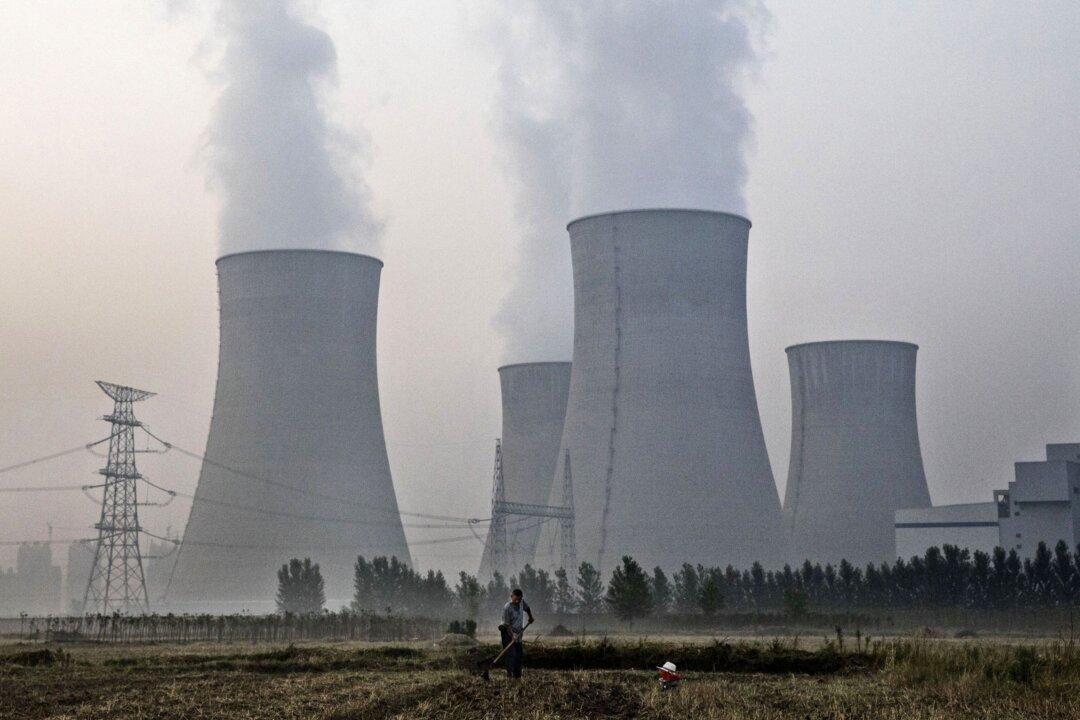Chinese leader Xi Jinping’s Sept. 21 claim to the United Nations General Assembly that China “will not build new coal-fired projects abroad” has drawn a range of reactions, including comments on China’s large and growing domestic reliance on coal power.
“It’s not the major issue—the major issue is coal plants in China,” Gordon G. Chang, author of “The Coming Collapse of China,” told The Epoch Times.





